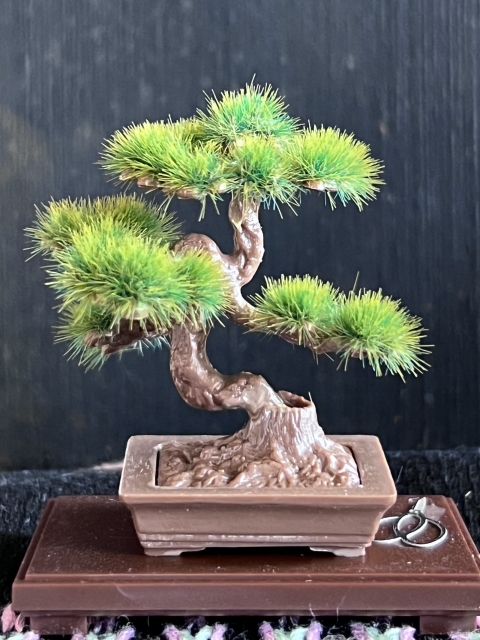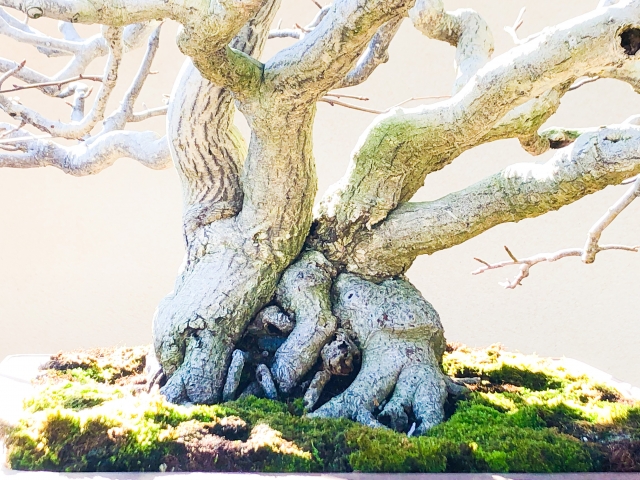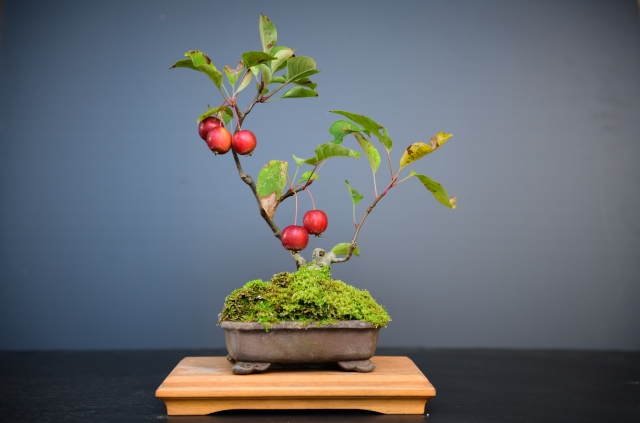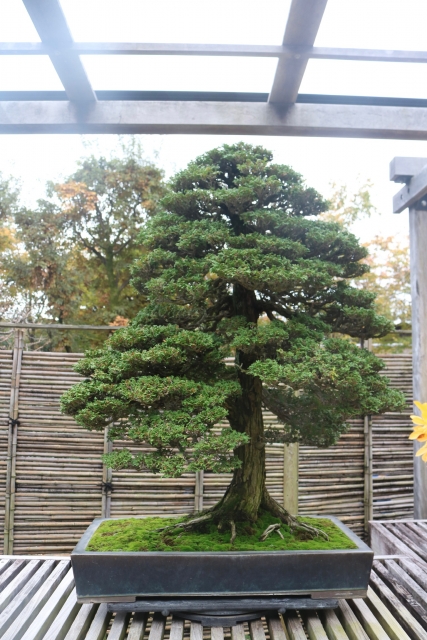Bonsai, the Japanese art of growing miniature trees, is more than just a gardening technique. It is a profound expression of Japanese culture that embodies harmony, patience, and meticulous craftsmanship. For centuries, bonsai has been a living art form, a way for people to express the beauty of nature in a small, controlled space. Therefore, we will discuss the essence of bonsai, its connection to Japanese gardens and culture, and this timeless art form that can be enjoyed by all.
What is bonsai?
The word “bonsai” literally means “potted plant” and refers to the practice of growing and shaping trees in small containers. Originating in China but refined in Japan, bonsai represents a harmony between nature and human creativity. The purpose of bonsai is not simply to create a miniature tree, but to evoke the grandeur of a mature tree in its natural environment.

Bonsai and Japanese Garden
Bonsai has deep ties to Japanese gardens. Both art forms emphasize balance, simplicity, and respect for nature. The Japanese garden reflects the beauty of nature and creates a tranquil space that encourages appreciation and reflection. Similarly, bonsai expresses these principles on a smaller scale, allowing one to bring the essence of a Japanese garden into the home.
In a Japanese garden, elements such as rocks, water, and plants are carefully placed to represent the natural landscape. Bonsai also reflects this philosophy, where each branch and leaf is precisely arranged to achieve balance and aesthetic harmony.
Bonsai Reflecting Japanese Culture
Bonsai is more than an art form; it reflects the core values of Japanese culture:
- Patience and dedication: Growing a bonsai requires care and attention that sometimes spans decades. This long-term commitment reflects the Japanese respect for slow, deliberate craftsmanship.
- Wabi-sabi: Bonsai embodies the concept of wabi-sabi, which sees beauty in imperfection and fragility. Old bark, twisted branches, and subtle asymmetries accentuate this aesthetic.
- Harmony with Nature: In Japanese culture, nature is not to be dominated but to coexist. Bonsai fosters this relationship by guiding the form while respecting growth patterns.

How to Enjoy Bonsai
Bonsai is a hobby for everyone, regardless of experience. Here are some tips to get you started:
- Selecting the Right Tree: Beginners often start with a tree species that is hardy and easy to care for. Research is important first, as each tree species has its own unique characteristics.
- Learn the basics: Understanding soil, watering, pruning, and wiring techniques is key to bonsai cultivation. Local bonsai clubs and online learning are great places to learn.
- Start small: You don’t have to buy an expensive tree. There are many affordable starter kits available, making it easy for anyone to get started.
- Enjoy the process: Bonsai is not about quick results. Take the time to shape the tree and enjoy the flavor of taking your time.
- Visit a bonsai exhibit: For inspiration, visit a bonsai exhibit or a Japanese garden with a bonsai collection. Observing the skilled work will deepen your understanding of this art form.
Japanese Craftsmanship in Bonsai
The art of bonsai also embodies the exceptional craftsmanship and precision of Japan. From handmade ceramic pots to specialized pruning tools, every aspect of bonsai cultivation reflects quality and attention to detail. The techniques developed by Japanese bonsai artisans are passed down from generation to generation and contribute to the preservation of this cultural asset.
Why Bonsai is important today
In today’s fast, technology-driven world, bonsai offers an opportunity to slow down and connect with nature. It fosters mindfulness, creativity, and a deep appreciation for the beauty of simplicity. Whether tending a tree in the garden or admiring it at an exhibition, bonsai offers a sense of calm and inspiration that transcends borders.

Conclusion.
Bonsai is not simply about growing small trees; it is about cultivating patience, embracing imperfection, and finding beauty in the natural world. A living embodiment of Japanese culture and artistry, bonsai continues to fascinate people around the world. Whether you are an experienced gardener or a curious beginner, bonsai takes you on a rewarding journey that connects nature, art, and tradition.


